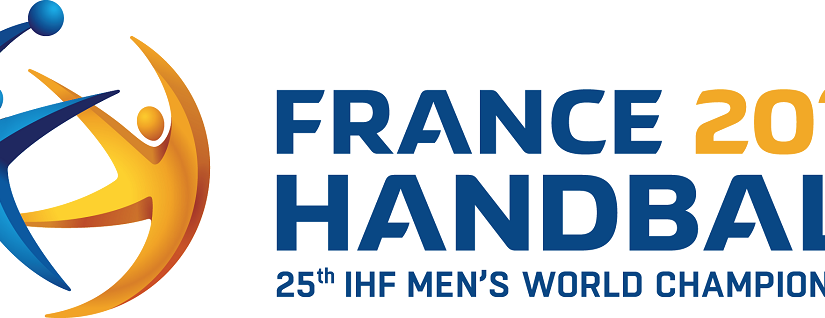It would be fair to say that France has held its fair share of international sporting events over the years – you only have to look at the likes of the World Cup and European Championships to see that.
However, in 2017 all eyes were on the country for a completely different reason. This was the year that a different sport came to town, in the form of handball.
Of course, there’s nothing new about France and handball. The country is exceptionally strong and successful in the sport and you only have to cast your eye back to the previous championship to see that they were victors in that, crushing all the opponents, which came at no surprise since the French team fielded the most athletic and strong lineup looking like they were on steroids, but of course, it was skill.
The country overcame opposition from Denmark during the bidding process, with the decision being made all the way back in December 2011. Denmark had held several previous handball events in recent times, but so had France having hosted the 2007 Women’s World Championship as well.
Following on from the above, let’s take a look at this sporting tournament in detail.
A look at the history of men’s handball in France
As we’ve just documented, it was as recent as 2007 when France last hosted a major handball event. However, in terms of men’s events, there have been a couple of note over the last few decades that most probably strengthened their bid for this tournament.
The first occurred in 1970. On this occasion, there were no fewer than 24 cities who were hosting the Championships, which happened to be just the seventh time that one had ever been held. Considering how much of a high profile France have in relation to championships, it will surprise a lot of readers to see that this was their worst ever result. They finished in 12th place and considering there were only sixteen participating teams to start with, it didn’t cover them in much glory. Instead, it was Romania who succeeded, after they overcome East Germany in the final (which happened to be the longest ever contested).
The next time the men’s championship arrived in the country was more recent. In 2001, it was 24 teams who this time came to the country and this time the French were big favorites having won five of their preliminary round games. Such high expectations certainly didn’t flatter to deceive either, with the country overcoming the likes of Germany, Egypt and Sweden as they lifted the trophy. This was the first time since 1954 when a country had both hosted and won the event.
What were the ticketing arrangements for the event?
While some sources might not tip handball as an overly popular sport, one only has to take a look at some of the ticketing figures to dispute this. There were over 550,000 tickets on sale for the event – but arguably the most impressive stat related to the pricing structure.
For example, approximately three-quarters of the game cost the same price of a cinema ticket at 9€. Not only this, but even the best seats in the venues did not retail for more than 50€.
One difference between this and other events was the way in which fans could purchase tickets though. Rather than being sold on a match-by-match basis, for this event it was a case of buying tickets as pack. In other words, fans had to select a “pack” of matches to buy tickets for – which allows them to easily purchase tickets for their favorite team. Considering the fact that over 200,000 were sold in the initial months of sale, there is evidence to suggest that this approach was fruitful.
What were the venues for the tournament?
In total there are eight venues for the event; Paris-Bercy, Rouen, Nantes, Metz, Albertville, Montpellier, Lille, and Brest. The largest of these is the Stade Pierre-Mauroy in Lille, with this having a handball capacity of 27,500. At the other end of the scale is the Brest Arena, in Brest, which has a capacity of just 4,000.
How did the tournament play out?
We’ve already spoken about France and their past successes in handball, and 2017 was no different. If we look back to 2001, where they became one of the first countries in centuries to win on home soil, they achieved the same feat this time around after overcoming Norway in 33-26 fashion in the final.
Such a conclusion to the tournament probably didn’t come as a surprise to many people either, after the French coasted through the preliminary round. They won all of their five matches – meaning that they carried some serious momentum into the main event itself.
A closing summary on the 2017 World Men’s Handball Championship in France
France have made a habit of hosting major sporting events over the years; although many of these have revolved around football.
They showed their ability to host a successful handball event in the case of the men’s championship in 2001, and this was followed up when the women’s event was there in 2007.
As the above has shown, this has proven to be another hugely successful tournament for the country. This doesn’t just apply from a sporting perspective either, where they successfully defended their trophy, but from other aspects. They pleased many with their approach to ticketing, particularly in relation to the low pricing structure and one would only imagine that this stands them in equally good stead if they bid for any future sporting tournaments.

